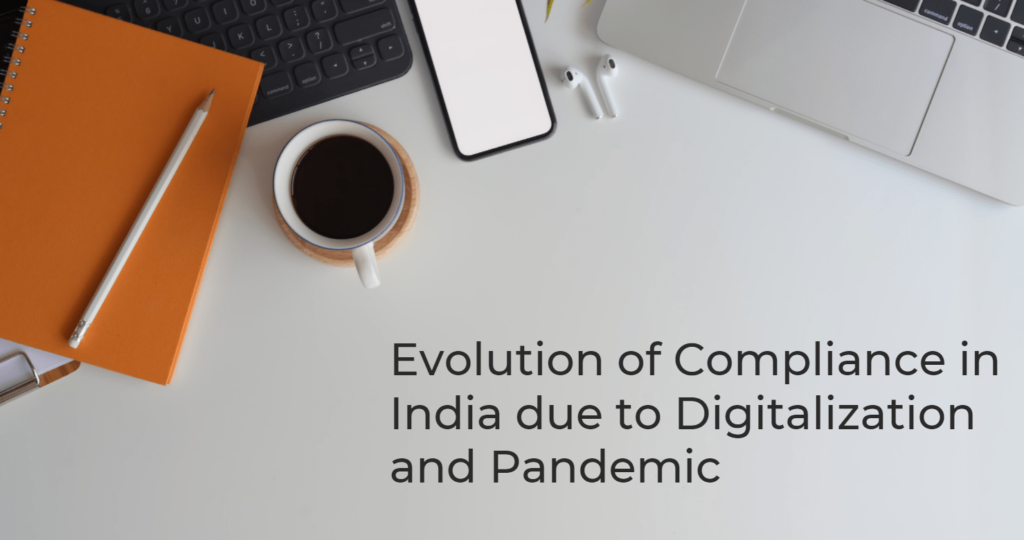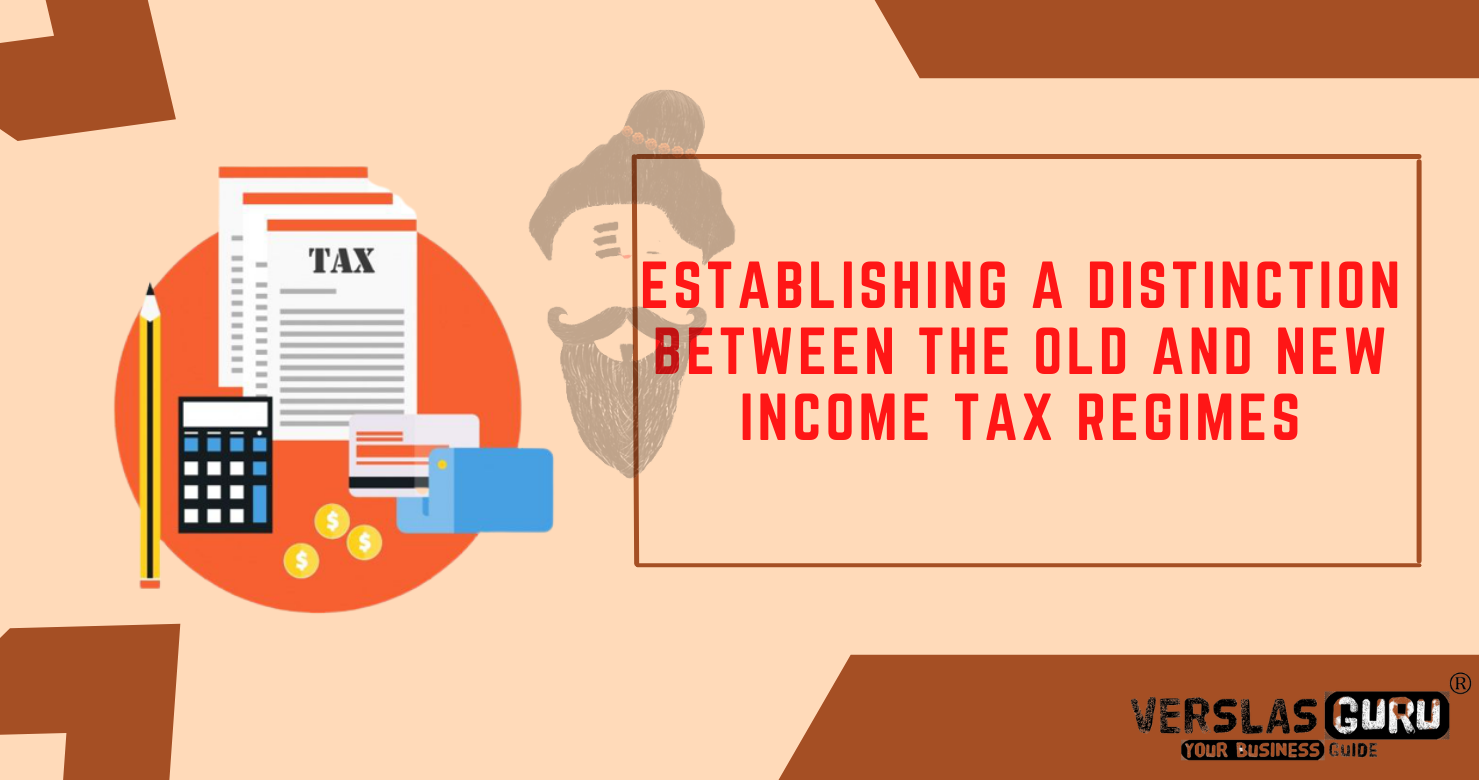
GST Affects Your Business in 5 Ways
The Goods and Services Tax (GST) has had a significant influence on the goods and services economy in India. It is a uniform, multi-stage, destination-based tax that was established in 2017 on all value additions in India.
We’ll go over 5 ways in which having GST registration affects your business in this article.
What Is GST and How Does It Work?
The Goods and Service Tax Act was passed by the Indian government on March 29, 2017, and it went into effect on July 1, 2017. GST is a national indirect tax regulation that applies to all businesses in the country.
The Products and Services Tax (GST) is a tax that is imposed on both goods and services. It’s an indirect tax that’s largely superseded several other indirect taxes in India, such as VAT, service tax, and excise duty.
This will allow for more efficient tax collection, reduced double taxation, and increased process efficiency. Furthermore, the consumer is responsible for the GST tax at the end of the transaction.
What are the various GST components?
GST is categorized into four sections:
- Central Goods & Service Tax (CGST)
- State Goods & Service Tax (SGST)
- Integrated Goods & Service Tax (IGST)
- Union Territory Goods and Services Tax (UTGST)
Here’s a breakdown of the various components of GST:
- Central Goods & Service Tax (CGST)
The Central Government collects tax on intra-state purchases through the Central Goods and Service Tax (CGST). The central government receives this component of the tax to compensate for the loss of excise duty and service tax revenue. Within-state sales are subject to a 50 percent GST transfer to the CGST.
- State Goods & Service Tax (SGST)
State Goods and Service Tax (SGST): This tax is collected by the state government on intra-state transactions. The state government receives this percentage of the tax to compensate for the loss of VAT or Sales Tax revenue. The remaining 50% of the GST tax amount is routed to the SGST in the case of intra-state trade.
- Integrated Goods & Service Tax (IGST)
The Integrated Goods and Service Tax (IGST) is a tax on interstate trade that is collected by the federal government. A portion of the tax goes to the federal government, while the rest goes to the state governments. Only interstate sales or transactions involving two states are subject to the IGST.
- Union Territory Goods and Services Tax (UTGST)
The tax on intra-union territory trade is collected by the central government. A portion of the tax goes to the federal government, while the rest goes to the Union Territory Government.
What are the five various ways that GST will affect your company?
Here are five different ways that GST will affect you:
Calculations have been simplified.
- A business owner used to have to keep track of a number of taxes and payment deadlines.
- In order to discover and handle your tax files and documentation, you may need to undertake research. As a result, the procedure was extremely time-consuming.
- By unifying all indirect taxes under one umbrella, GST makes it much easier for your firm to calculate taxes and remain on top of tax payments.
Tax burden is reduced.
- Businesses with a turnover of exceeding Rs 5 lakh had to pay VAT previously (in most states). Please note that this restriction differs per state.
- Service tax exemptions are also available for businesses with a turnover of less than Rs 10 lakh.
- The government is considering increasing the GST exemption limit to Rs. 20 lakh, which would benefit over 60% of small business owners and sellers.
Fraud-Prevention
- GST, as an internet taxation system, improved on the old tax system’s laborious filing methods.
- It is easier to detect tax fraud, and transactions are more visible and accountable.
- Any errors you make when filing GST returns would also be straightforward to correct.
Start/Expand Your Business
- Registration with several departments, such as VAT, service tax, and excise, was required when starting a new firm.
- Furthermore, different registration formalities/documents were necessary in different states in the case of VAT.
- If you wanted to do business in numerous states, this made things more complicated. You must first register with a state in order to do business there. However, it is a straightforward technique.
- Thanks to the single point of registration, registering your start-up and expanding your business has never been easier.
- To encourage cross-border trade, GST input credits have been made accessible for all in-state and out-of-state transactions.
- Previously, VAT liability could not be reduced by excise/service tax credits, and vice versa. There was also a problem with balancing the CST and VAT.
- These concerns have been rectified, and one of the fundamental features of GST is the smooth flow of input tax credits.
Goods and Services Differentiation
- The GST helps to maintain the distinction between goods and services.
- Many legal actions will be simplified as a result of this. As a result, tax fraud can be minimized dramatically.
Conclusion
GST implementation is one of the most important decisions taken by the Indian government. Because it eliminates the need for various tax rates at the federal and state levels, it is a well-known and well-regarded system.
There are numerous advantages to GST registration, including reduced compliance costs, increased efficiency, and a composition plan for small enterprises, among others.
The GST Forms contain a considerable amount of difficult fields, despite the fact that the GST portal has a user-friendly interface. As a result, it is strongly recommended that you hire a professional to help you submit the application, complete the appropriate procedures, file your taxes, and complete other portal formalities.
Share This post!

GST Affects Your Business in 5 Ways
The Goods and Services Tax (GST) has had a significant influence on the goods and services economy in India. It is a uniform, multi-stage, destination-based tax that was established in 2017 on all value additions in India.
We’ll go over 5 ways in which having GST registration affects your business in this article.
What Is GST and How Does It Work?
The Goods and Service Tax Act was passed by the Indian government on March 29, 2017, and it went into effect on July 1, 2017. GST is a national indirect tax regulation that applies to all businesses in the country.
The Products and Services Tax (GST) is a tax that is imposed on both goods and services. It’s an indirect tax that’s largely superseded several other indirect taxes in India, such as VAT, service tax, and excise duty.
This will allow for more efficient tax collection, reduced double taxation, and increased process efficiency. Furthermore, the consumer is responsible for the GST tax at the end of the transaction.
What are the various GST components?
GST is categorized into four sections:
- Central Goods & Service Tax (CGST)
- State Goods & Service Tax (SGST)
- Integrated Goods & Service Tax (IGST)
- Union Territory Goods and Services Tax (UTGST)
Here’s a breakdown of the various components of GST:
- Central Goods & Service Tax (CGST)
The Central Government collects tax on intra-state purchases through the Central Goods and Service Tax (CGST). The central government receives this component of the tax to compensate for the loss of excise duty and service tax revenue. Within-state sales are subject to a 50 percent GST transfer to the CGST.
- State Goods & Service Tax (SGST)
State Goods and Service Tax (SGST): This tax is collected by the state government on intra-state transactions. The state government receives this percentage of the tax to compensate for the loss of VAT or Sales Tax revenue. The remaining 50% of the GST tax amount is routed to the SGST in the case of intra-state trade.
- Integrated Goods & Service Tax (IGST)
The Integrated Goods and Service Tax (IGST) is a tax on interstate trade that is collected by the federal government. A portion of the tax goes to the federal government, while the rest goes to the state governments. Only interstate sales or transactions involving two states are subject to the IGST.
- Union Territory Goods and Services Tax (UTGST)
The tax on intra-union territory trade is collected by the central government. A portion of the tax goes to the federal government, while the rest goes to the Union Territory Government.
What are the five various ways that GST will affect your company?
Here are five different ways that GST will affect you:
Calculations have been simplified.
- A business owner used to have to keep track of a number of taxes and payment deadlines.
- In order to discover and handle your tax files and documentation, you may need to undertake research. As a result, the procedure was extremely time-consuming.
- By unifying all indirect taxes under one umbrella, GST makes it much easier for your firm to calculate taxes and remain on top of tax payments.
Tax burden is reduced.
- Businesses with a turnover of exceeding Rs 5 lakh had to pay VAT previously (in most states). Please note that this restriction differs per state.
- Service tax exemptions are also available for businesses with a turnover of less than Rs 10 lakh.
- The government is considering increasing the GST exemption limit to Rs. 20 lakh, which would benefit over 60% of small business owners and sellers.
Fraud-Prevention
- GST, as an internet taxation system, improved on the old tax system’s laborious filing methods.
- It is easier to detect tax fraud, and transactions are more visible and accountable.
- Any errors you make when filing GST returns would also be straightforward to correct.
Start/Expand Your Business
- Registration with several departments, such as VAT, service tax, and excise, was required when starting a new firm.
- Furthermore, different registration formalities/documents were necessary in different states in the case of VAT.
- If you wanted to do business in numerous states, this made things more complicated. You must first register with a state in order to do business there. However, it is a straightforward technique.
- Thanks to the single point of registration, registering your start-up and expanding your business has never been easier.
- To encourage cross-border trade, GST input credits have been made accessible for all in-state and out-of-state transactions.
- Previously, VAT liability could not be reduced by excise/service tax credits, and vice versa. There was also a problem with balancing the CST and VAT.
- These concerns have been rectified, and one of the fundamental features of GST is the smooth flow of input tax credits.
Goods and Services Differentiation
- The GST helps to maintain the distinction between goods and services.
- Many legal actions will be simplified as a result of this. As a result, tax fraud can be minimized dramatically.
Conclusion
GST implementation is one of the most important decisions taken by the Indian government. Because it eliminates the need for various tax rates at the federal and state levels, it is a well-known and well-regarded system.
There are numerous advantages to GST registration, including reduced compliance costs, increased efficiency, and a composition plan for small enterprises, among others.
The GST Forms contain a considerable amount of difficult fields, despite the fact that the GST portal has a user-friendly interface. As a result, it is strongly recommended that you hire a professional to help you submit the application, complete the appropriate procedures, file your taxes, and complete other portal formalities.




